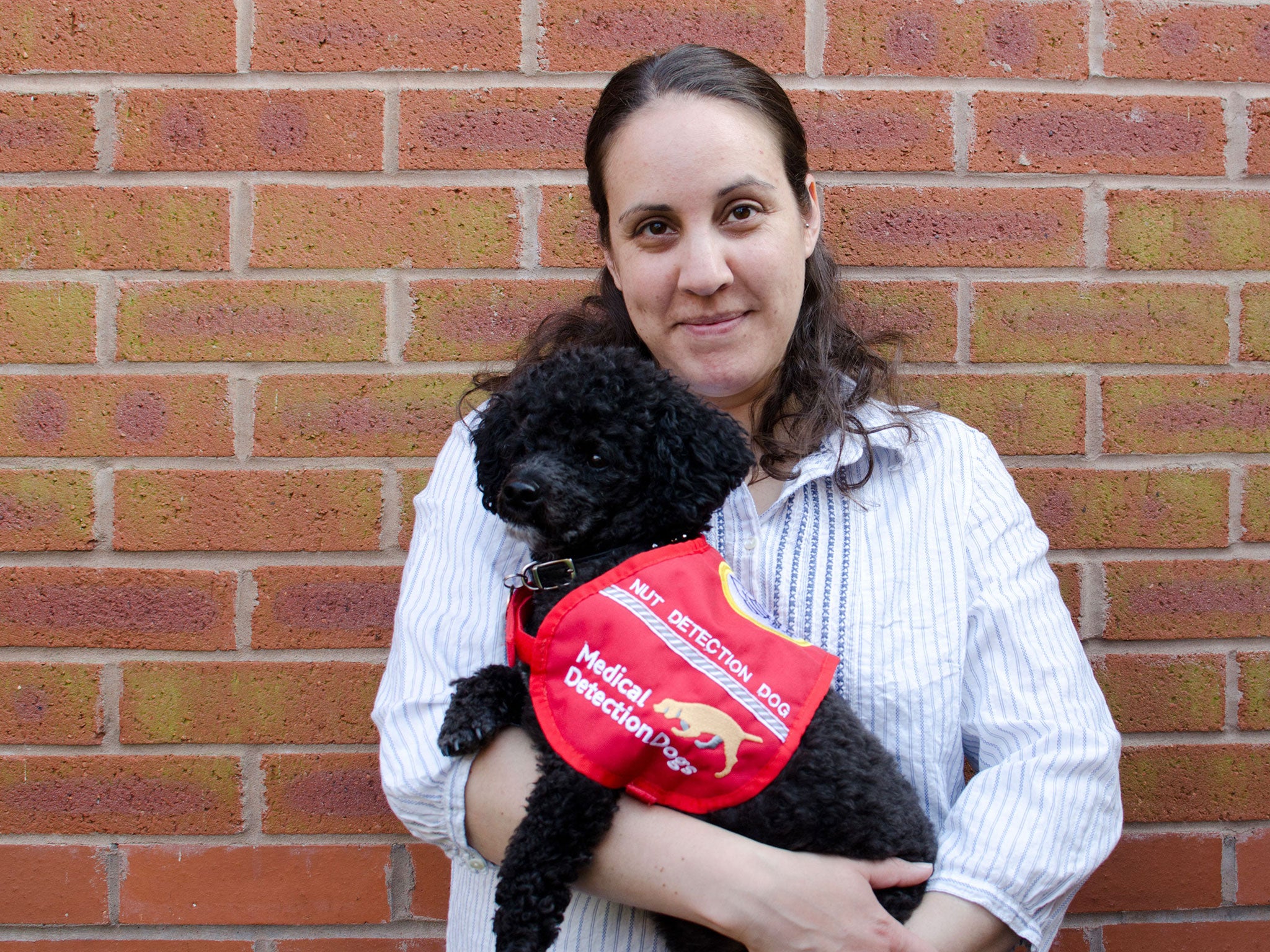Prostate cancer dog sniffer trials approved by NHS
Preliminary studies have found that the canines can detect the condition nine out of ten times

Dogs have long been considered man's best friend, but new research has revealed they may just be his best chance of diagnosing cancer too.
Canines capable of sniffing out cancer have been approved for use in a trial by the NHS.
Approval has been given for further trials to be carried out after an initial study found that dogs can detect prostate cancer in urine in 93 per cent of cases.
It is hoped that they could replace the traditional means of determining whether men require a biopsy, the Prostate-Specific Antigen test, which has a ‘high false positive’ rate.
Mr Iqbal Anjum, a consultant urologist at Milton Keynes University Hospital which approved the trials, called the study: “an extremely exciting prospect.”
“Over the years, there have been many anecdotal reports suggesting that dogs may be able to detect cancer based on the tumour’s odour. It is assumed that volatile molecules associated with the tumour would be released into the person’s urine, making samples easy to collect and test.”
Dr Claire Guest co-founded the group Medical Detection Dogs which will be taking part in the upcoming trials. She said: “Our dogs have higher rates of reliability than most of the existing tests.
“We know their sense of smell is extraordinary. They can detect parts per trillion- that’s the equivalent of one drop of blood in two Olympic –sized swimming pools.
“We should not be turning our backs on these highly sensitive bio-detectors just because they have furry coats.”
Dr Guest has experienced the animals' cancer detecting abilities after one drew her attention to the fact that she was suffering from breast cancer in 2009.
The dog began prodding her in the chest, when she felt the area she noticed bruising and sought medical attention. Tests revealed that she had a tumour which could have been severe without the dog’s early diagnosis.
Gary Steele, who founded the Prostate Cancer Support group, said the trials could prove "an opportunity to save thousands of lives."
With additional reporting by Press Association
Subscribe to Independent Premium to bookmark this article
Want to bookmark your favourite articles and stories to read or reference later? Start your Independent Premium subscription today.

Join our commenting forum
Join thought-provoking conversations, follow other Independent readers and see their replies